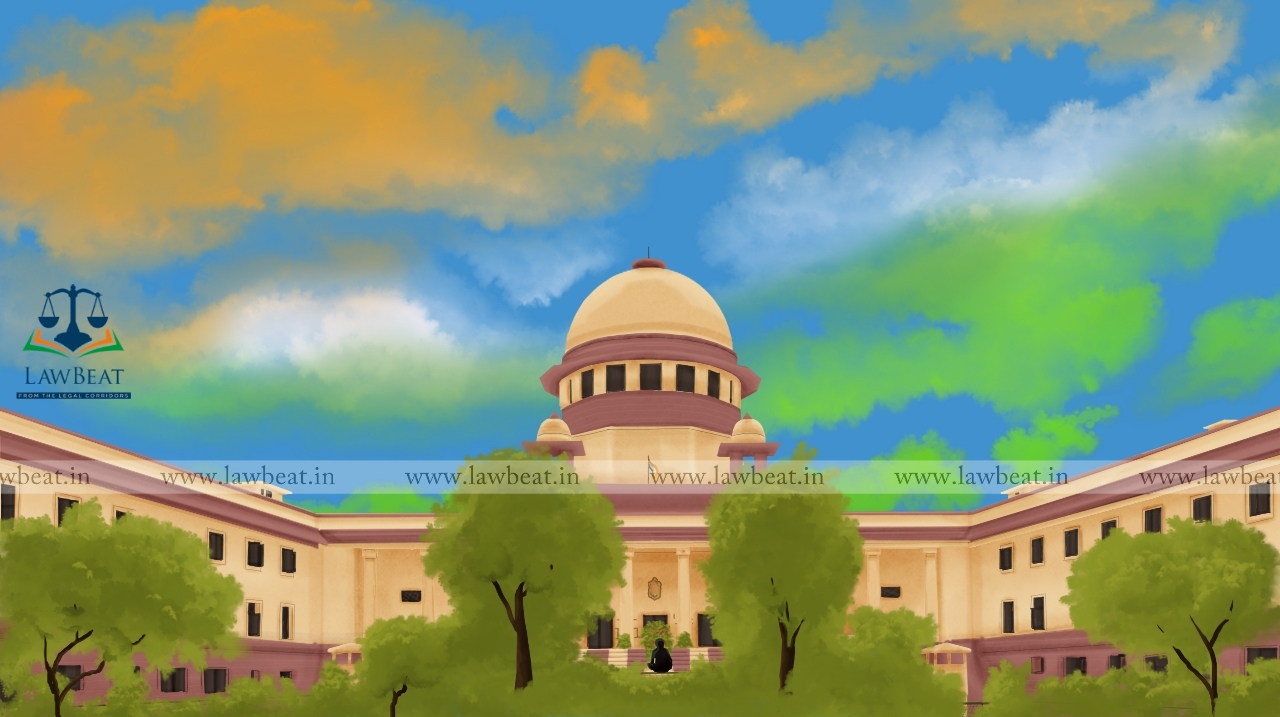Conservation & Development To Be Views As Complimentary Strategies: Supreme Court Constitutes Committee Issuing Tree-Cutting Guidelines For Development Works

The Top Court in its order dated March 25, 2021 constituted an expert committee to assess and formulate guidelines on impact of cutting trees for developmental projects. The guidelines shall also prescribe rules regarding alternate routes/sites, compensation to stakeholders and manner of compensatory afforestation.
“Sustainable Development must remain at the heart of any development policy implemented by the State.” ~ Supreme Court
A Full Bench of Chief Justice SA Bobde, Justice AS Bopanna and Justice V. Ramasubramanian, while hearing a matter related to cutting of trees in order to construct Road over Bridges (ROBs) and widen out roads necessitated to prevent accidents, observed,
“It is essential to strike the right balance between environmental conservation and protection on one hand, and the right to development on the other, while articulating the doctrine of sustainable development. We may add that in our opinion conservation and development need not be viewed as binaries, but as complementary strategies that weave into one another. In other words, conservation of nature must be viewed as part of development and not as a factor stultifying development.”
As per the report submitted before the Top Court, 50 trees have already been fallen and potentially 306 trees are yet to be cut, many of which are ‘historical trees’ with ‘irreplaceable value’
With respect to the calculation of just and fair compensation in such projects, it was noted by the bench that a realistic assessment of economic value of the tree permitted to fell, with reference to its value to environment and longevity, role in habitat and ecosystem integrity and protection of other flora and fauna, must be taken into account.
Laying down National and International commitments to climate change and environment, Court constituted and Expert Committee comprising of members from Wildlife Trust of India, Ministry of Environment, Forest & Climate change, Indian Institute of Forest Management and Observer Research Foundation.
The Committee shall discuss and recommend on the following mandate:
- Develop a set of scientific and policy guidelines that shall govern decision making with respect to cutting of trees for developmental projects.
- These guidelines may specify the species of trees in categories based upon their environmental values considering the age and girth of the trees etc.
- The guidelines may provide special treatment for geographical area or eco-sensitive area, they may identify areas which need to be regulated and even identify a minimum threshold beyond which the guidelines will apply.
- The guidelines shall prescribe a mechanism for assessment of both intrinsic and instrumental value of the trees, based not only on the value of timber, but also the ecosystem services rendered by the trees and its special relevance, if any, to the habitat of other living organisms, soil, flowing and underground water.
- The guidelines shall also mandate rules regarding alternate routes/sites for roads/projects, and possibilities for using alternate modes of transport like railways or water-ways.
- The guidelines shall also prescribe the mode of compensation financial and otherwise, the stage of depositing such compensation and the process that governs the computation and recovery. In this regard, the committee may consider the existing regulatory framework regarding calculation of Net Present Value (NPV) and may suggest necessary modification.
- In addition, the guidelines shall also specify the manner and mechanism of compensatory afforestation to be carried out using the deposited compensation, consistent with the native ecosystem, habitat and species.
- The Committee may consider the need for any permanent expert body and its proposed structural form.
- Any other issue incidental to the aforesaid objectives.
The committee is expected to file its report within 4 weeks from the date of its first meeting.
Court also appointed Advocate K. Parameshwar as Amicus Curiae in the present matter.
Case Title: Association for Protection of Democratic Rights v. State of West Bengal | SLP(C) No. 25047 of 2018
